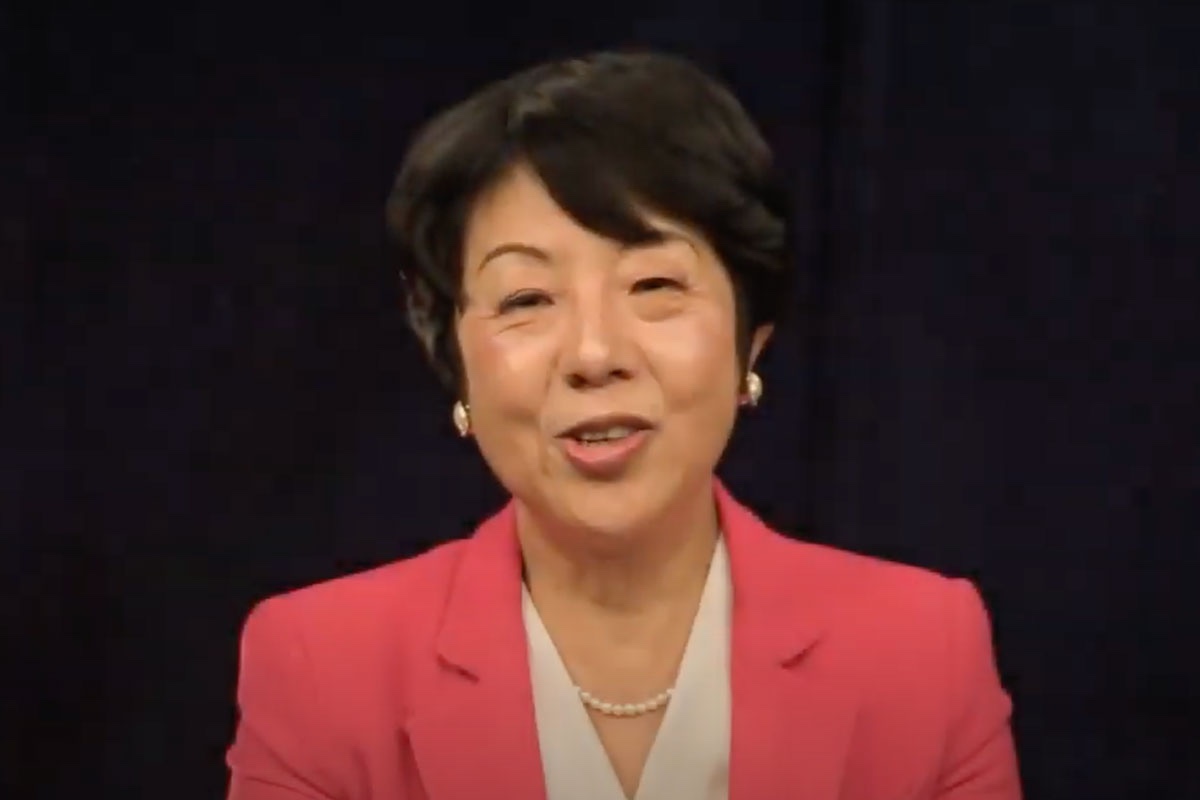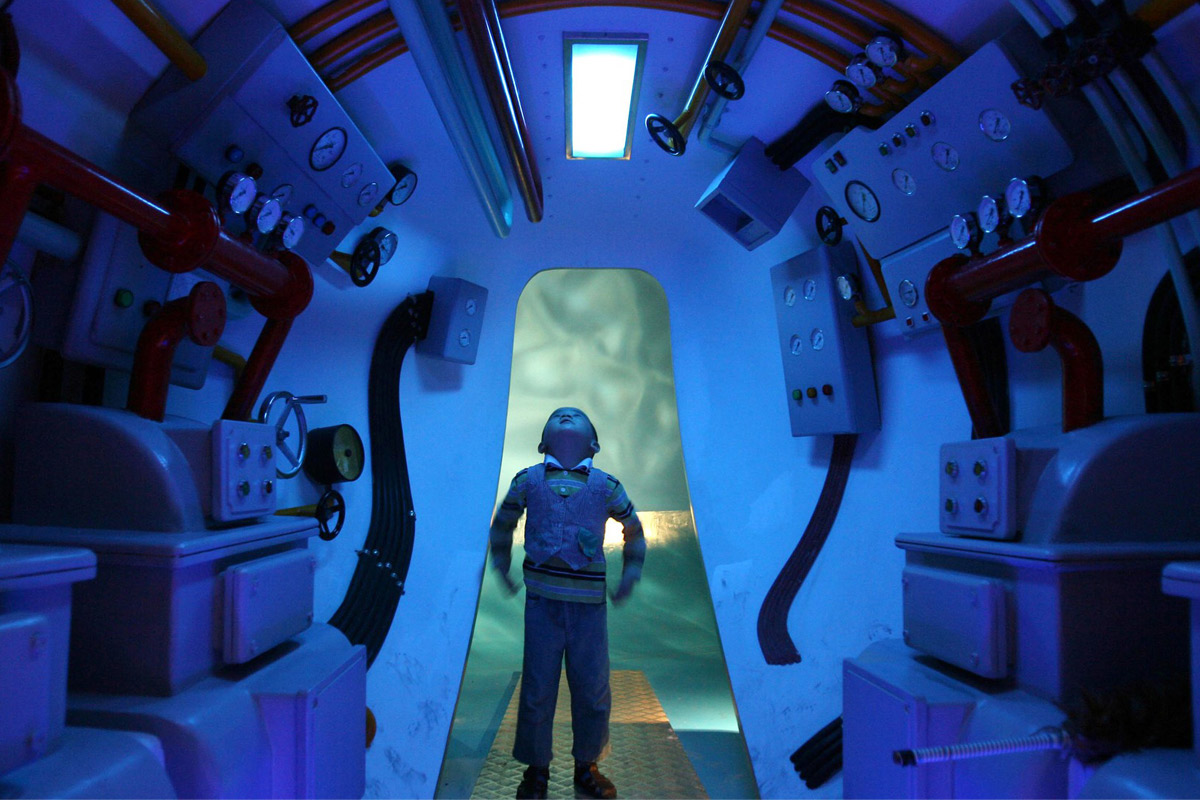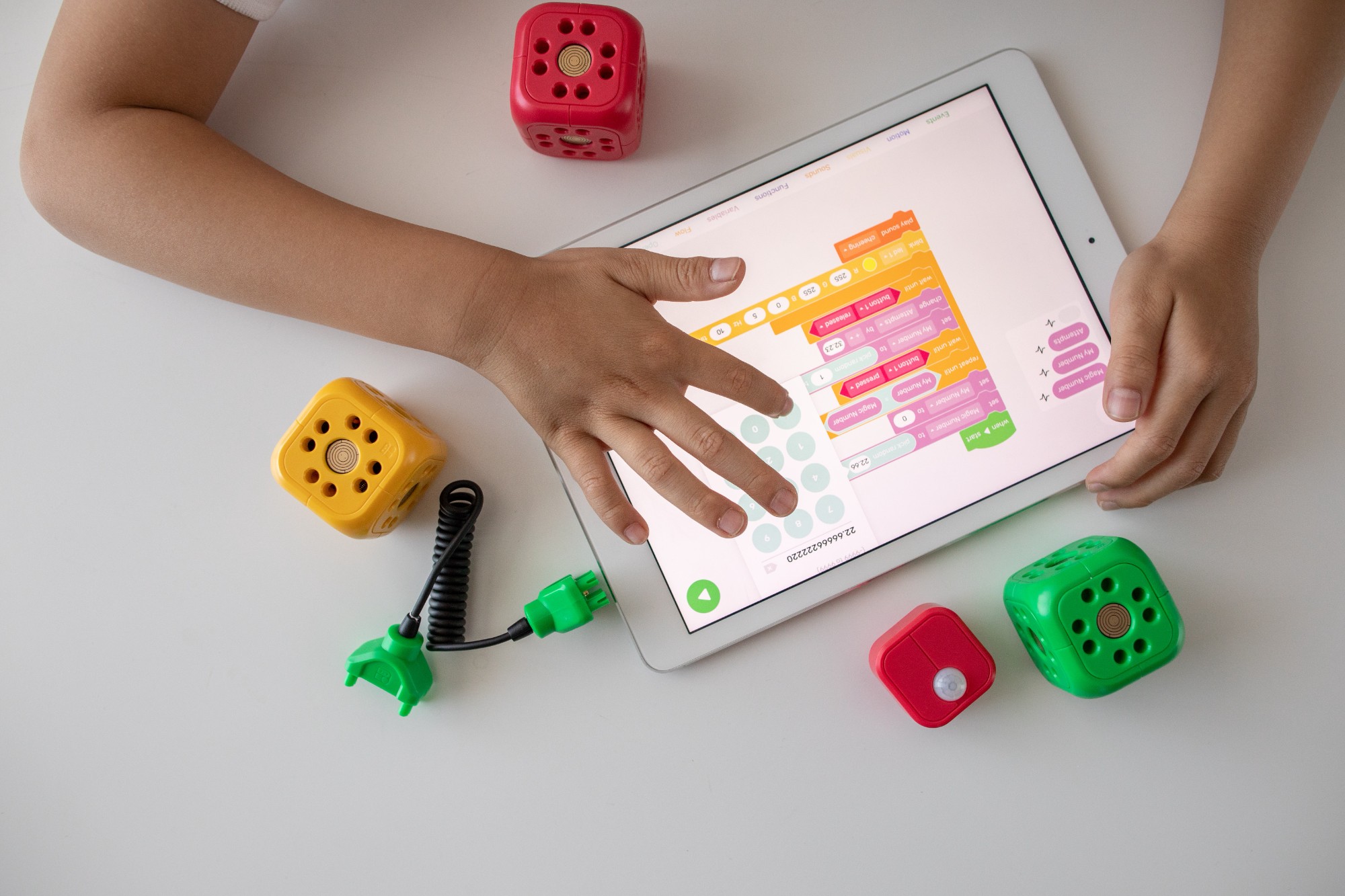
Education for Persistence & Innovation Center
Carousel


Dr. Xiaodong Lin-Siegler introduced EPIC's research
Professor of Cognitive Science in Education,
Founding Director of Education for Persistence and Innovation Center (EPIC),
Teachers College, Columbia University


The Failure of Exceptional Athletes and Scientists
We are studying exceptional achievement among scientists and athletes and how failure experiences have shaped their path to success. We interviewed Nobel Laureates and exceptional athletes to understand the strategies that they used to benefit from their failure experiences.


Learning About Other People’s Failure to Cope with One’s Own Failure
We studied how other people’s failures, especially the great scientists’ struggles, could inspire students in their own learning endeavors. Existent evidence suggests that students can benefit from learning about the failures of others and experiencing and understanding their own failure.


Cross-culture and STEM Education
We are currently conducting studies to investigate how students of different ages, academic performance levels, cultural and socio-economic backgrounds interpret and react to various kinds of failures, setbacks, and undesirable situations, especially in the STEM field.


Goals, Metacognition, and Problem Solving
In education, goals have been shown to be a powerful predictor of student academic accomplishments. We are studying how students’ understanding of their own goals, goals set by their teachers and schools impact their learning and problem-solving across a range of challenging domains.


Instructional Media That Motivates Learning
We are investigating how instructional design could motivate students’ learning in schools. We conducted a series of classroom-based experiments with random assignments of students to different instructional conditions using technologies and media, and assessed learning outcomes produced by these conditions.
About Us

Education for Persistence and Innovation Center (EPIC) is a global interdisciplinary research center at Teachers College, Columbia University, dedicated to figuring out how to turn failure into success.
We use techniques from cognitive science, social-cultural psychology, neuropsychology, oral history, and education to study the critical role that failure plays as a catalyst for learning, innovation, and career development.

